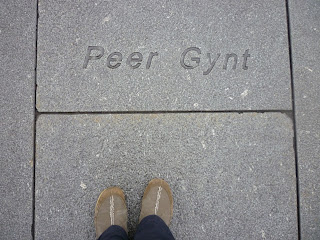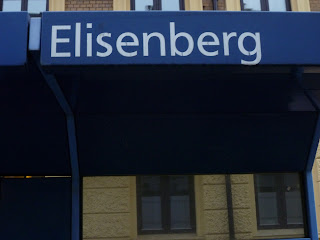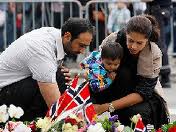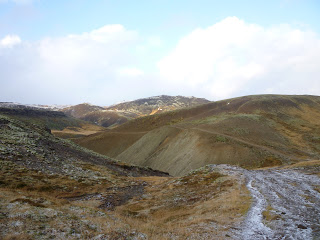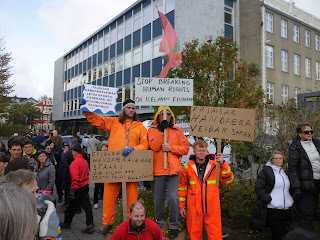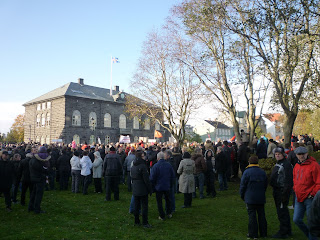Just a few of the headlines hitting Norwegian newspapers these days are:
"Empty shelves dilemma"
"Cities run out of butter"
"Butter panic hits Norway!"
Every nation faces adversity - even the richest of countries. Norway is facing an emergency of unparalleled notability. The country has run out of butter, and the people are not happy. You may consider this a minor crisis, a "First-world problem", if you will, but speaking as someone of Norwegian decent, a butter hiatus is no small matter. Butter is the lifeblood of all our cooking and baking. A Norwegian newspaper quotes: "An acute butter shortage...has left people worrying how to bake their Christmas goodies."
To see a first-hand account of Norwegian people's feelings on the matter, watch the following video:
http://www.youtube.com/watch?v=82EaTbxihBI
As you can see, this is no laughing matter to Norwegians, but in the following clip, Colbert cruelly mocks their desperate plight.
http://www.colbertnation.com/the-colbert-report-videos/404098/december-12-2011/norway-s-butter-shortage?xrs=share_fb

















